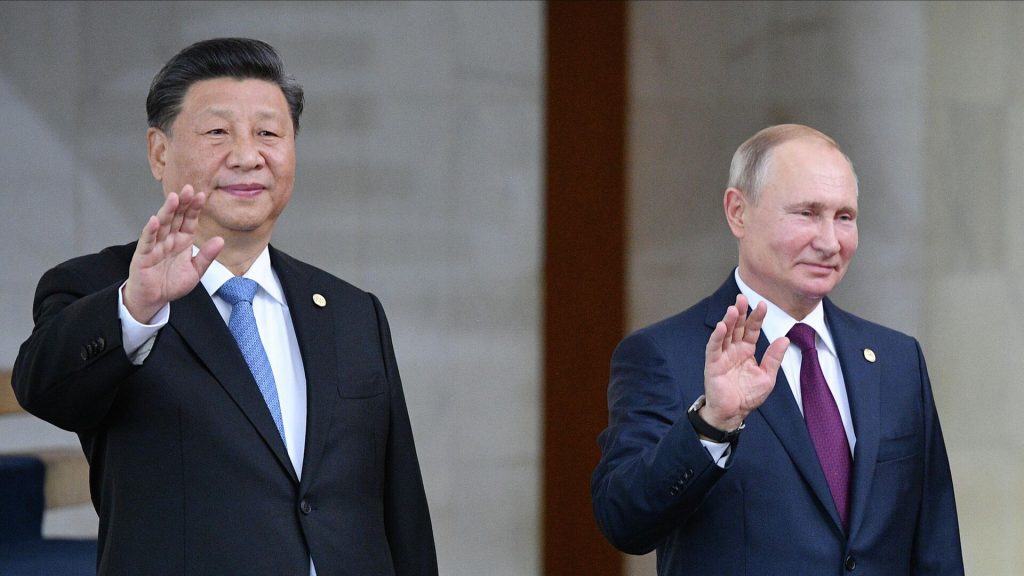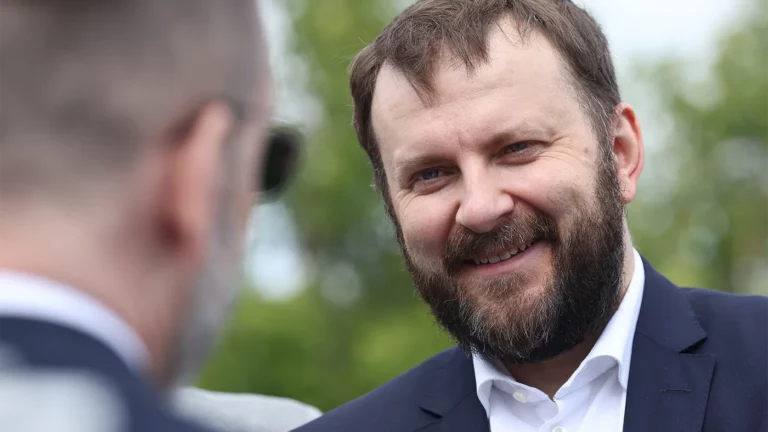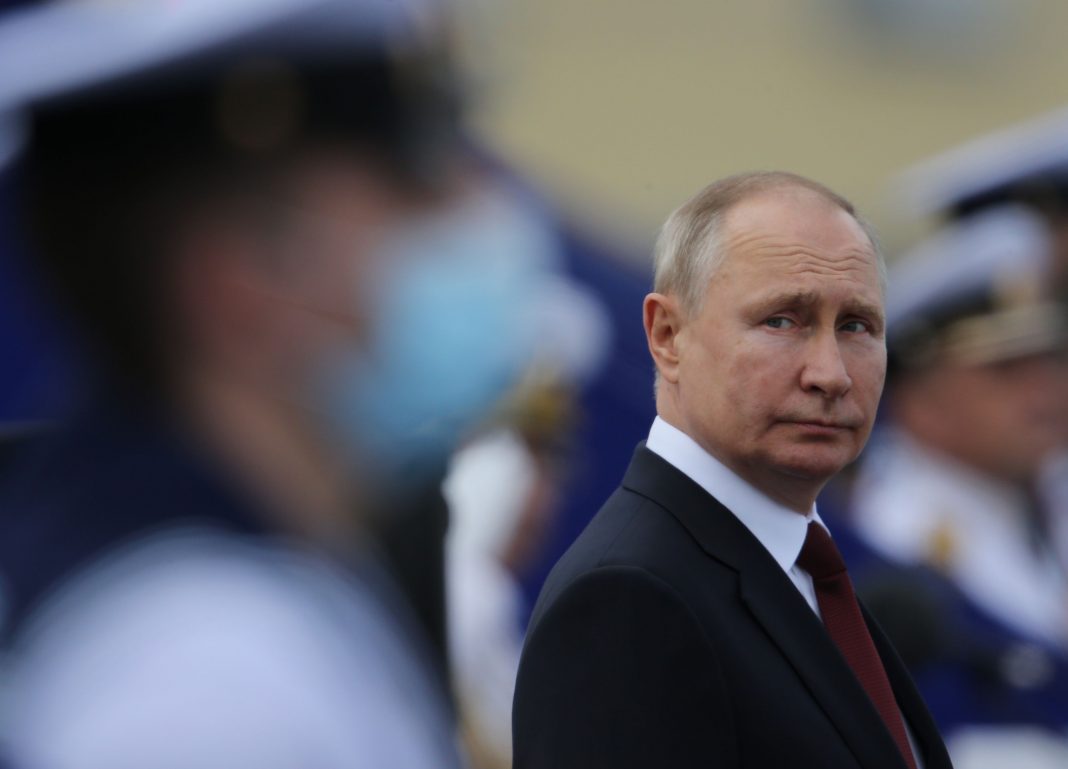In November 2023, several essential election campaigns are due to begin worldwide, the results of which will largely determine geopolitical trends for the coming decades. First, we are talking about presidential elections in the USA and Russia, as well as elections to the European Parliament. And while the US is still discussing the main contenders for the White House, expectations from the elections in Russia are demonstrating the usual scepticism.
In Russia, you can often hear a joke according to which there is not a single cat left in the country born before Putin’s first presidential term. Indeed, for almost 24 years in power (including the break for the prime minister’s post), Putin has demonstrated stability and the ability to deal with all competitors. Of course, he is still far from reaching Stalin, who ruled Russia for 32 years, or even Mao Zedong, who ruled China for 27 years, but he is now faced with an important choice: go down in history, remaining a great ruler for most Russians, or to stay for another term and continue to lead the country to isolation and dictatorship.
In this article, Ascolta analyses the mood in the Kremlin on the eve of the presidential elections and also examines the main options for the development of events that will determine the fate of Russia for the next 6 years.
This Content Is Only For Subscribers
Despite the established opinion among the majority of Western politicians and experts that Putin will have no real competitors in the upcoming elections, it is essential to pay attention to the fact that six months before voting day, Putin has not yet begun a full-fledged election campaign. His visits to different regions of the country are more an attempt to resolve local conflicts than to conduct campaign events.
On the other hand, on the eve of the elections, Putin managed to almost completely clear out the opposition field in the country. Recently, the State Duma of the Russian Federation has adopted several vital laws that significantly tighten control over the activities of so-called “foreign agents” and completely eliminate their ability to influence internal political processes. The main oppositionists in Russia are either in prison or are marginalising their activities outside the country, promoting theses about the need for the division of Russia or complete capitulation to the West (which clearly does not fit in the minds of the average Russian).
In this situation, we can discuss virtually ideal conditions for Putin’s re-election for another presidential term. However, it is essential to consider the international situation, which, among other things, is being formed with the active participation of the leading heavyweights of the geopolitical arena. Apparently, this situation is not entirely in Putin’s favour and maybe the main factor influencing the Russian president’s decision to be re-elected for another term.
The assumptions made in this article are only theoretical and are based on an analysis of insider information received from various Ascolta sources, including those close to the Russian president. We have been studying internal political processes in Russia for many years and have a broad base of experience that allows us to take into account many factors and supplement with them any theories and models of further development of the situation, understanding the feasibility of certain assumptions.
One of the most important political events for Russia in 2023 was Vladimir Putin’s visit to Beijing, where he held three-hour talks with Chinese leader Xi Jinping. Many analysts have already voiced their vision of the results of these negotiations. Still, it can be stated that most of them noticed a virtual lack of optimism in the final statements of the Russian president.

According to Ascolta, several key issues were discussed during the closed part of the negotiations. Firstly, a possible increase in oil and gas supplies from Russia to China. Allegedly, the Russian president tried to convince Xi Jinping of the unreliability of his Middle Eastern partners. For Russia, this issue is strategically important from the point of view of increasing trade turnover between the two countries since the previously announced figure of $200 billion looks fragile: trade turnover between China and the USA is $1.5 trillion, China and the EU is $530 billion, China and Taiwan – $300 billion.
Secondly, Putin allegedly voiced a proposal to buy Chinese military equipment, which is in a mothballed state and is subject to disposal. However, the Chinese leader allegedly said this issue should be studied in detail and definitely cannot be resolved within the following year. In fact, if such information is confirmed, then Putin was denied this request as well.
Thirdly, several Ascolta sources reported that during the closed part of the meeting, the leaders of China and Russia discussed new terms of the Nuclear Arms Control Treaty, which could be considered jointly with the United States, Britain and other countries. In fact, Xi Jinping once again demonstrates his ambitions, wanting to act as a global peacemaker. And for this, he needs global projects capable of establishing new rules and frameworks in the geopolitical arena. At the same time, it is important to note that China also sees Iran in the nuclear club, which, if a new Treaty is signed on China’s terms, can essentially legalise its status.
Based on the results of Vladimir Putin’s visit to China, it can be assumed that during November, the Kremlin will make a final decision on nominating him for the next presidential term. Essentially, all the pros and cons will be weighed, and possible external and internal factors will also be considered. Of course, no one will publicly announce the adoption of such decisions, but several factors can be identified that will become indicative if one or another decision is made.
Firstly, we can talk about a secret “presentation” of the favourite of the current government, who can become an acceptable figure for all groups of influence in Putin’s circle. Recently, in analytical reports and thematic articles, one can find many names that are considered by analysts and observers as possible candidates for the highest political position in Russia. This includes Defense Minister Sergei Shoigu, Industry and Trade Minister Denis Manturov, Prime Minister Mikhail Mishustin, and many other political figures in the current Russian government system.
At the same time, Ascolta conducts its own analysis and models a situation in which Putin can nominate his successor soon, having previously agreed on his candidacy with all the main influence groups in Russia. In this scenario, one of the most likely candidates for the role of successor may be presidential aide Maxim Oreshkin.

In today’s system of shadow relationships in the Kremlin, Oreshkin looks like the most compromising figure. Endowed with special powers by Putin personally, having direct access to the top person, not being a creature of any of the influence groups (the so-called Kremlin towers), having influence on regional politics and the economic sector of the country, and also having extensive connections in the structure of the FSB, Maxim Oreshkin really looks like the most compromise candidate compared to other “contenders”.
Suppose such a theory is confirmed and this plan is further implemented in the coming months. In that case, we can expect the resignation of Mikhail Mishustin and the appointment of Maxim Oreshkin in his place. It may be for this purpose that Mishustin has recently been portrayed as a friend of Western corporations and a representative of foreign intelligence structures.
It is worth noting that if such a theory is confirmed, its implementation should begin shortly, making it possible to legalise all processes and form the necessary public opinion before the presidential elections. In any case, during this time, we can finally see whether Putin is ready to leave big politics.


